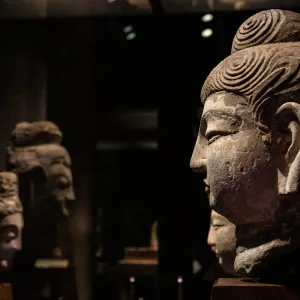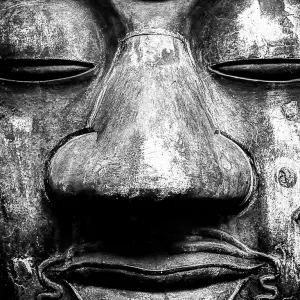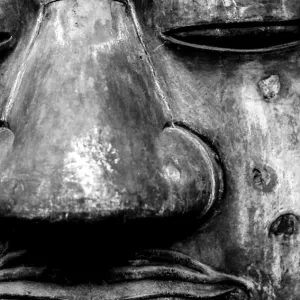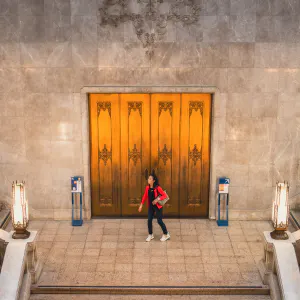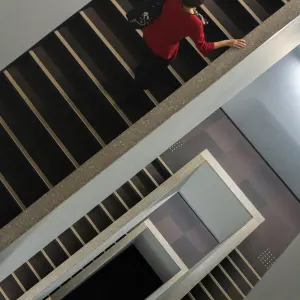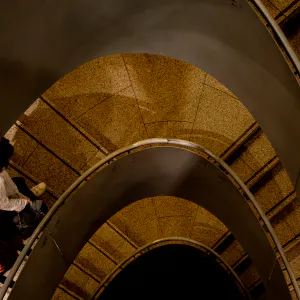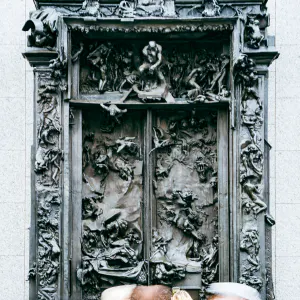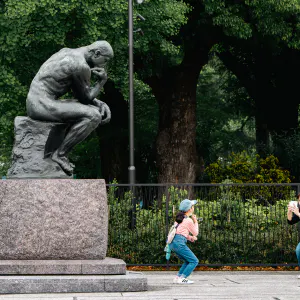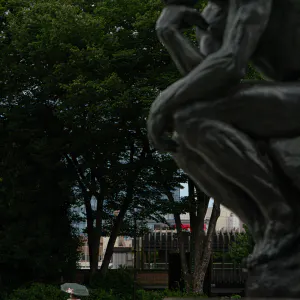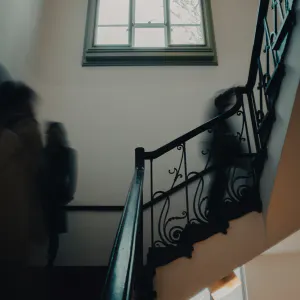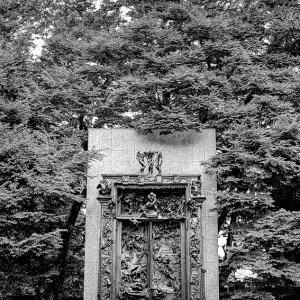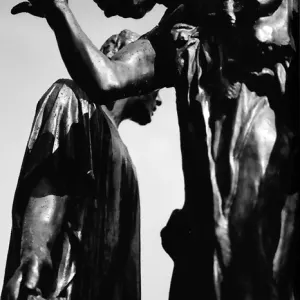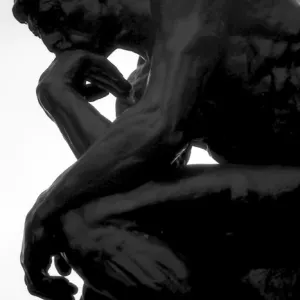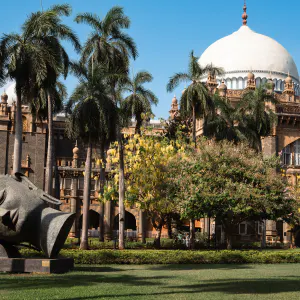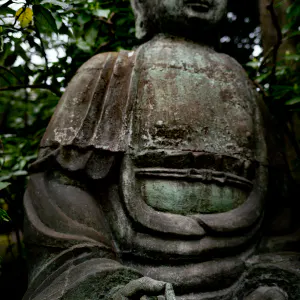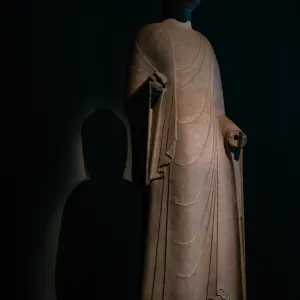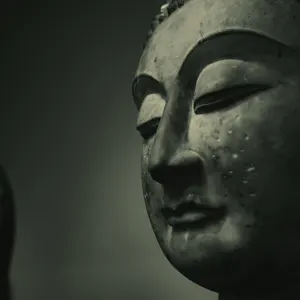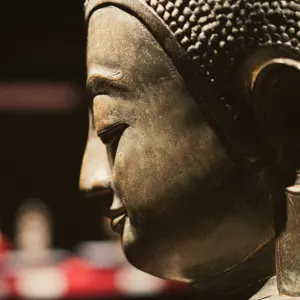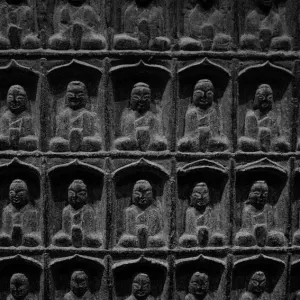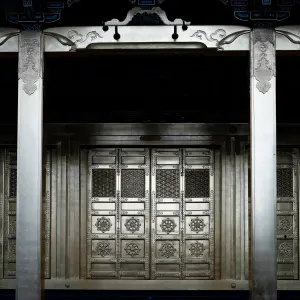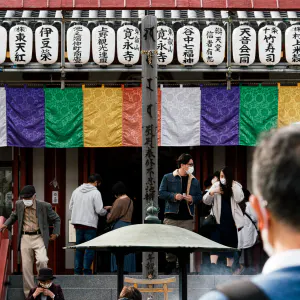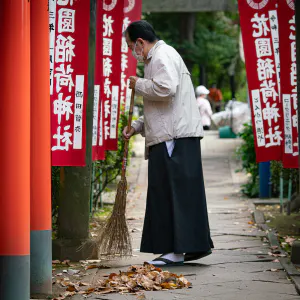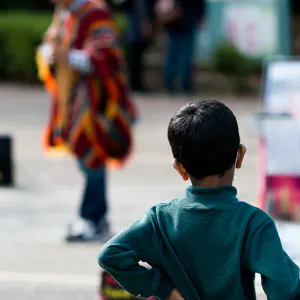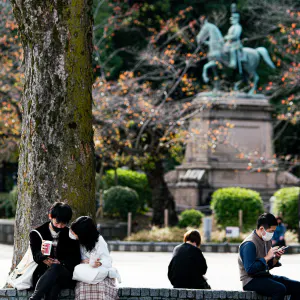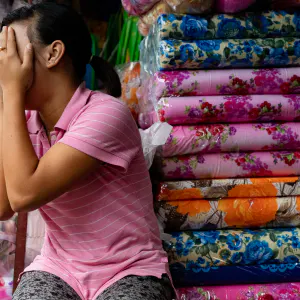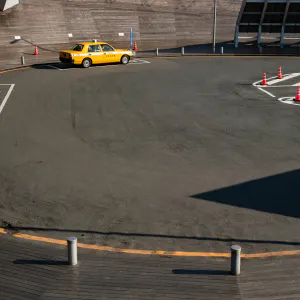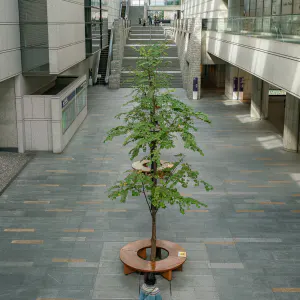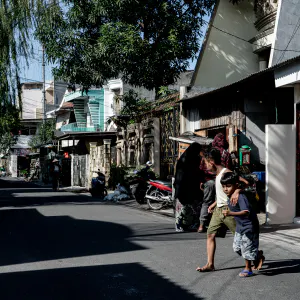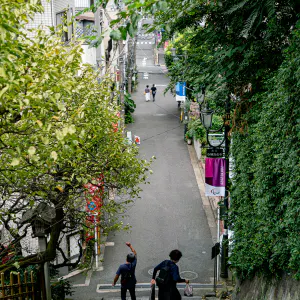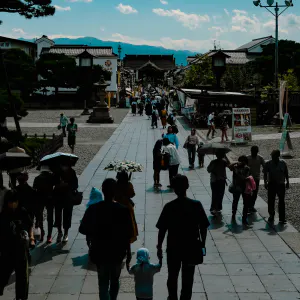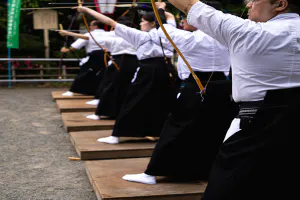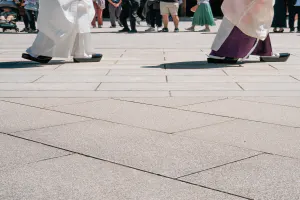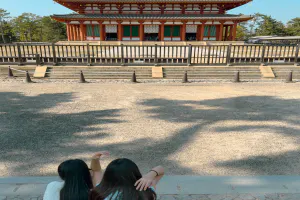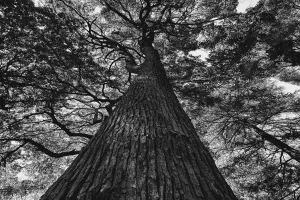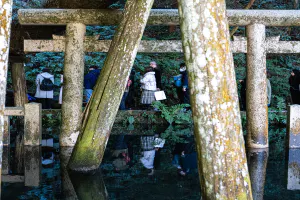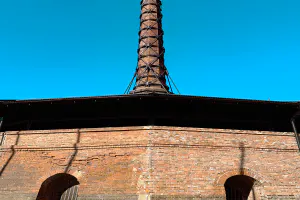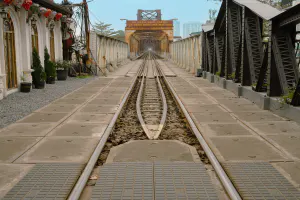Glass cases line a dimly lit exhibition room, each containing a gilt bronze Buddha made in the Asuka period
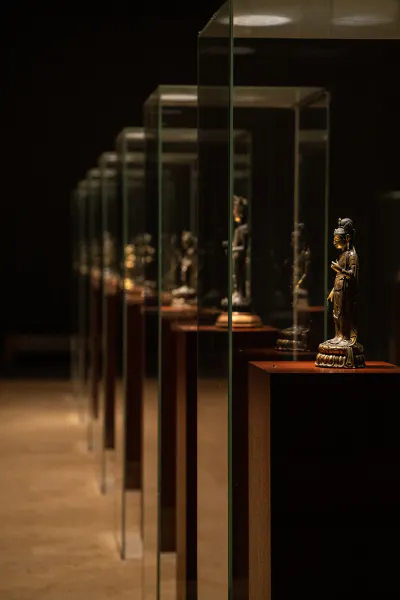
Many people may feel strange when visiting the Gallery of Horyuji Treasures at the Tokyo National Museum. When I first visited the museum, I too felt a sense of discomfort. I wondered why the treasures of Horyuji Temple in Nara were in the Tokyo National Museum. It is fine if some of the treasures are now in the possession of a national museum, but I think the Nara National Museum, not the Tokyo National Museum, is the right place to hold them.
The well-known Horyu-ji Temple is an ancient temple with a connection to Prince Shotoku. It is said to have been founded in 607, so it boasts a history of over 1,400 years. It would not be surprising that such an ancient temple would have many treasures and would have managed the temple itself, but the situation was not so simple. Although the exact reasons for this are unknown, it is thought to have been caused by the storm of the separation of Buddhism and Shintoism and the movement to abolish Buddhism that swept through the country in the Meiji era. Many Buddhist temples lost their temple domains and the backing of those in power, and as a result, many Buddhist temples became economically impoverished, and Horyu-ji Temple is said to have followed the same path. The temple decided to donate the temple treasures to the Imperial Household, the safest and most secure custodian of the treasures in Japan, in order to pass them on forever. The temple treasures donated at this time are the Horyuji Treasures housed in the Tokyo National Museum.
As a result, the Gallery of Horyuji Treasures contains some 300 valuable treasures produced between the Asuka and Nara periods, and is regarded as a collection of ancient art that ranks alongside the Shosoin treasures. In the exhibition room immediately after entering the museum are gilt bronze Buddhas made during the Asuka period. The sight of many gilt bronze Buddhas in glass cases lined up in a dimly lit space is a sight to behold.
| Aug 2024 STILL LIFE TOKYO | |
| BUDDHA STATUE MUSEUM UENO |
PHOTO DATA
No
12621
Shooting Date
Jan 2024
Posted On
August 2, 2024
Place
Ueno, Tokyo
Genre
Still Life Photography
Camera
SONY ALPHA 7R V
Lens
ZEISS BATIS 2/40 CF
